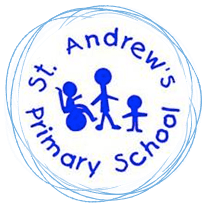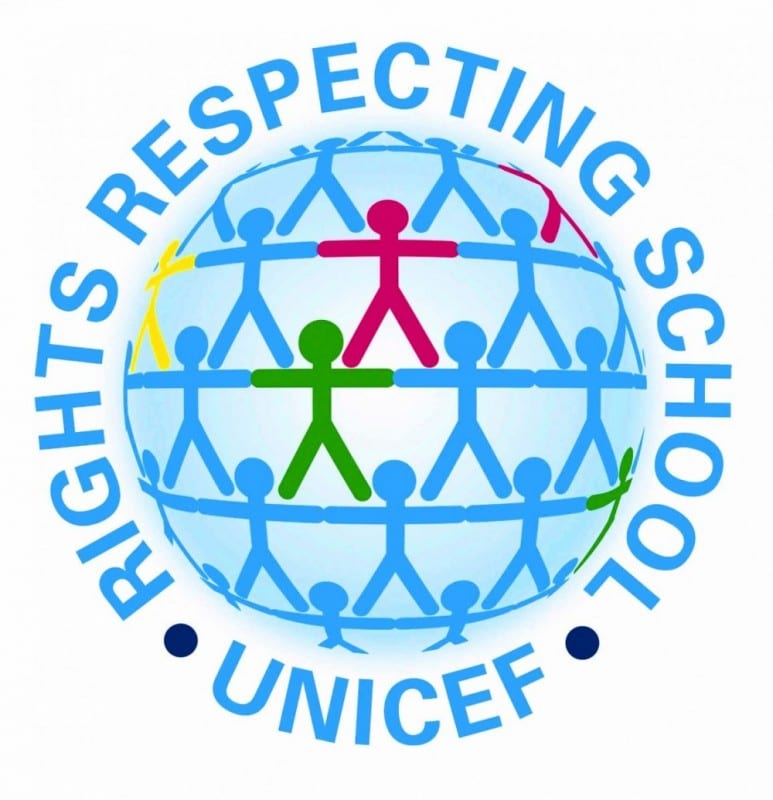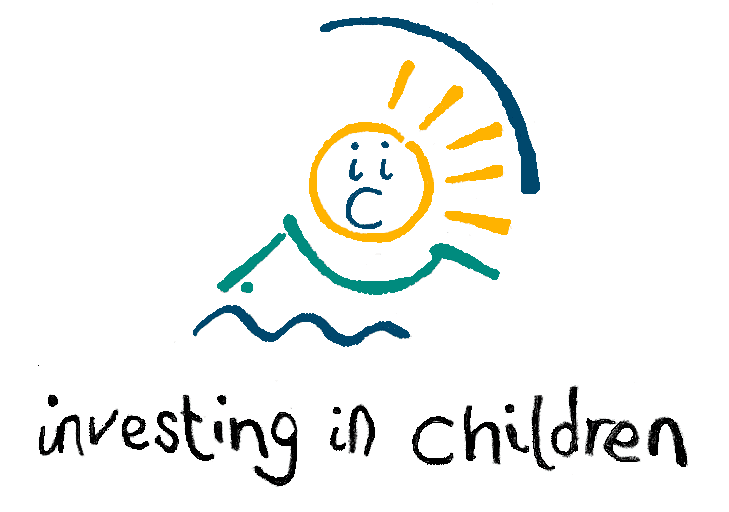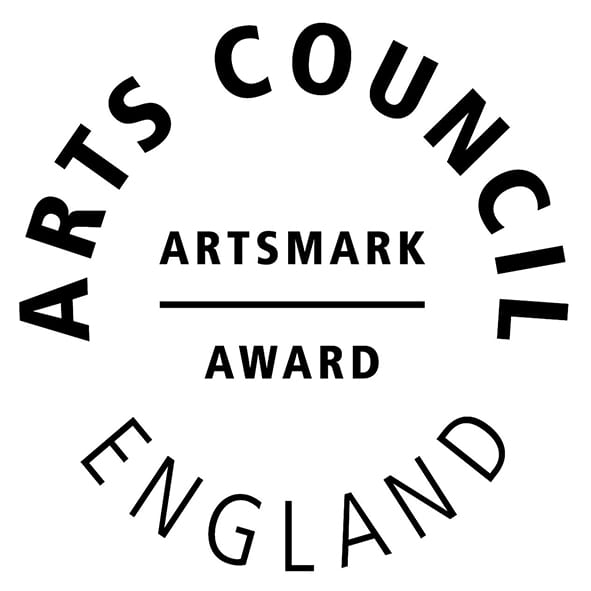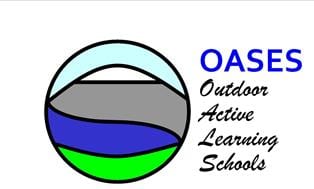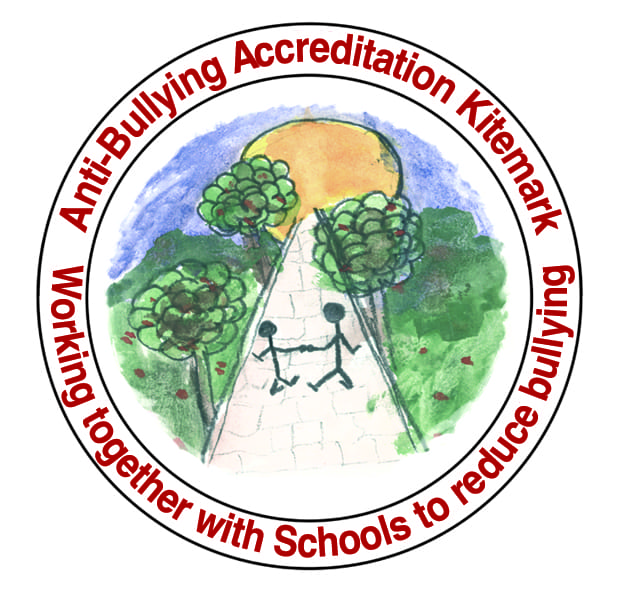Intent
At St. Andrew’s Primary School, we teach Geography in blocks, so that children can fully immerse themselves in the learning each afternoon. A high-quality Geography education should inspire in pupils a curiosity and fascination about the world and its people that will remain with them for the rest of their lives (DfE).
Our curriculum is intended to ensure our pupils develop knowledge of the location of globally significant places, develop an understanding of physical and human geographical features and build a bank of skills needed to read and understand maps. Each year, children build on their previous knowledge, progressing from local to national, to global studies.
Implementation
Key Stage 1
In Year 1 and 2, the Geography studies fall into the following categories:
- Locational knowledge: name and locate the world’s seven continents and five oceans; name, locate and identify characteristics of the four countries and capital cities of the United Kingdom and its surrounding seas
- Place knowledge: understand geographical similarities and differences through comparing a small area of the United Kingdom, and of a small area in a contrasting non-European country
- Human and physical geography: identify seasonal and daily weather patterns in the United Kingdom; identify the location of hot and cold areas of the world in relation to the Equator and the Poles; use basic geographical vocabulary when describing these
- Geographical skills and fieldwork: use world maps, atlases and globes to identify the countries, continents and seas studied; use simple compass directions (North, South, East and West) and locational and directional language [for example, near and far; left and right]; use aerial photographs and plans to recognise landmarks and basic human and physical features; devise a simple map; use simple fieldwork and observational skills to study the geography of their school and its grounds
Key Stage 2
Throughout Years 3, 4,5 and 6, children will learn about:
- Locational knowledge: locate the world’s countries using maps; name and locate counties and cities of the United Kingdom; identify the position and significance of latitude, longitude, Equator, Northern Hemisphere, Southern Hemisphere, the Tropics of Cancer and Capricorn, Arctic and Antarctic Circle, the Prime/Greenwich Meridian and time zones (including day and night)
- Place knowledge: understand geographical similarities and differences through the comparison of a region of the United Kingdom, a region in a European country, and a region within North or South America
- Human and physical geography: describe and understand climate zones, biomes and vegetation belts, rivers, mountains, volcanoes and earthquakes, the water cycle, types of settlement and land use, economic activity including trade links, and the distribution of natural resources including energy, food, minerals and water
- Geographical skills and fieldwork: use maps, atlases, globes and digital/computer mapping to locate countries and describe features studied; use the eight points of a compass, four and six-figure grid references, symbols and key (including the use of Ordnance Survey maps) to build their knowledge of the United Kingdom and the wider world; use fieldwork to observe, measure, record and present the human and physical features in the local area
Learning Links
Our Geography studies throughout the school will focus on maps and mapping skills. Using mapping as a link across all of our Geography studies allows us to focus our learning and measure progression across the year groups.
Local Links
In addition, our Geography curriculum draws upon local resources such as our amazing landscape, the River Weir, nature reserves, botanical gardens and even our own playground make links with their learning in their own local environment.
Skills
As well as learning the geographical skills required for their fieldwork; vocabulary, locations, descriptions and facts, the children will also learn key skills for life:
- Teamwork
- Safety related to land use
- Asking perceptive questions
- Critical thinking
These skills are transferrable, meaning our children can apply them to other subject areas and which will stand them in good stead later in life.
Curriculum enrichment
Pupils are able to further their experiences in Geography by choosing Forest School for Golden Time or selecting from a range of Geography books from our library.
Please see our Whole School Long Term Plan to see what our pupils will study during each year here.
